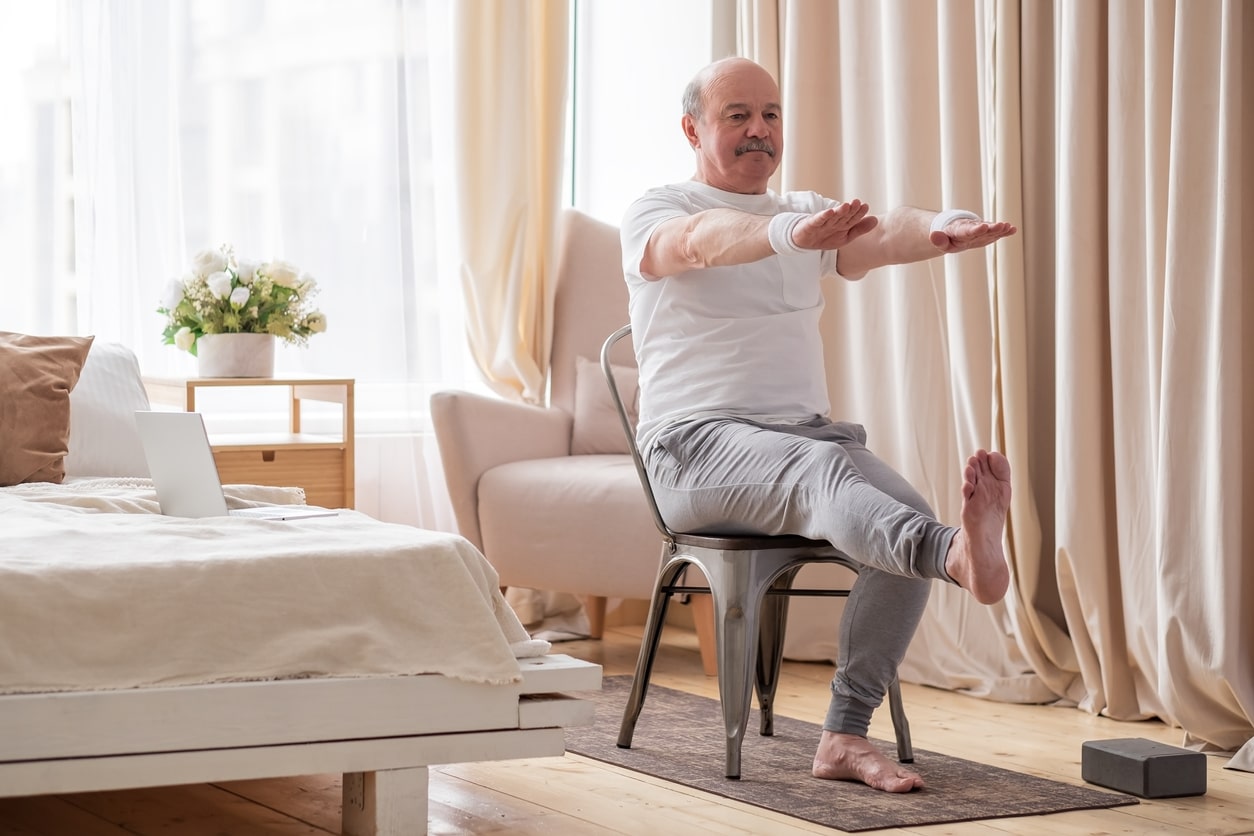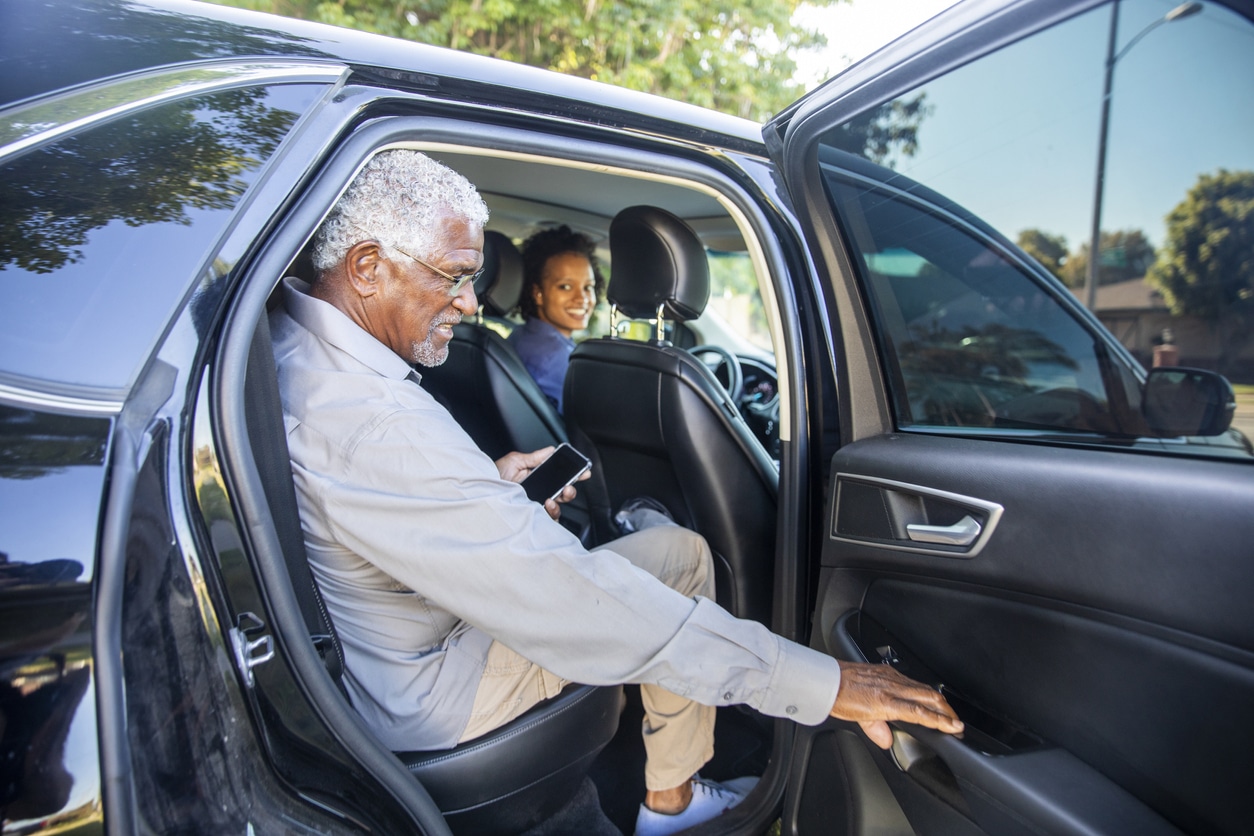Being unsteady on your feet can severely limit your mobility and even your independence. A walker, cane, or other assistive device can make it easier to get around, both at home and away from home. The proper device can be very effective in preventing falls when used correctly, according to the National Institute on Aging.
The Benefit of Canes
A cane offers less support than a walker but is great for seniors who just need a little help to remain steady while they walk.
Canes come in several varieties. If balance is the only issue, a standard cane will most likely serve you well. These canes are made of wood or metal and only have a single tip. If you need a cane that you can lean on, offset canes feature three or four tips for added strength and stability.
A Walker Could Be the Solution
For seniors who need the most support or are at the highest risk for falls, a standard walker without wheels is an option. These walkers can be difficult to lift and move, however, so many seniors opt for a walker with wheels. There are two-wheel and four-wheel varieties available.
You are probably most familiar with a two-wheeled walker. The front wheels make it easy to move the walker forward, while the rear legs offer stability and support while you step forward. These walkers are a good option for those who need a high level of assistance or who lack strength and dexterity in their hands.
You may have also seen four-wheeled walkers, which have grown in popularity recently. These walkers have wheels on all four legs and rely on hand-controlled breaks to prevent them from rolling. While they feature a seat, basket, and many other benefits, they also require dexterity in the hands and quick reaction time to use them safely. If you’re considering a four-wheeled option, select one with a seat that folds down instead of a stationary seat. This will allow you to walk between the arms of the walker and keep you more steady on your feet.
Choosing a Device
Asking your doctor or physical therapist about an assistive device is a great place to start. They can make recommendations, demonstrate how it’s used, and perhaps even write a prescription so it will be covered by Medicare or your insurance. They can also help you determine what size cane or walker you need. While many are adjustable, using one that is too short or too tall can lead to falls or other injuries. The Mayo Clinic offers additional tips for choosing the right cane or walker for your needs. Canes and walkers can help you avoid falls, but it’s important to pick the right one for your needs and abilities. A device not suited to your individual needs will not offer enough support and may even lead to more falls. By talking to your doctor and carefully comparing models, you can choose a cane or walker that will keep you walking safely.
Support Services
For individuals with a history, risk or fear of falling, subscribing to a medical alert service may also prove beneficial. Medical alert systems can provide access to help at home 24/7 in the event of a fall with the single push of a help button.




